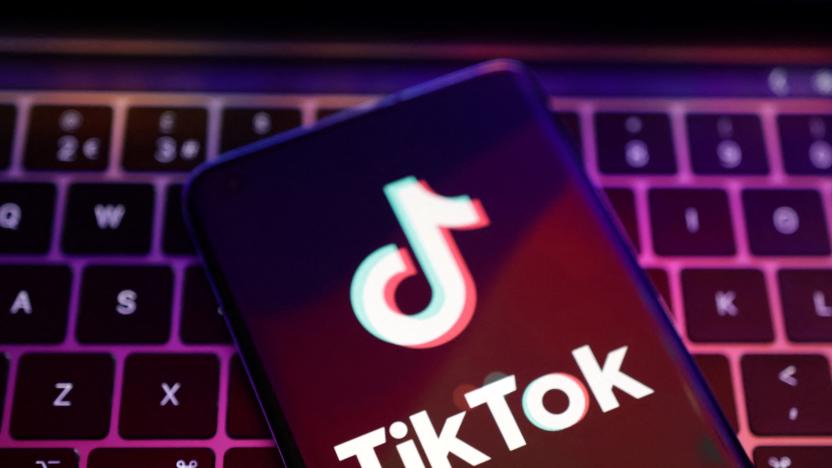hashes
Latest

TikTok and Bumble join anti-revenge-porn initiative
Facebook and Instagram previously joined the StopNCII.org program to prevent the spread of non-consensual intimate images.

Microsoft will identify manipulated media with a confidence score
Microsoft is rolling out new tools to combat misinformation, specifically deepfakes.

Tech giants band together to fight terrorist content online
Some of the biggest names in tech have concocted a plan to combat the spread of terrorist content online together. Facebook, Microsoft, Twitter and Alphabet-owned YouTube are creating a shared database of "hashes" for any terror-related content they remove from their services. Hashes are unique code identifiers associated with each photo and video that computers can use for identification. For instance, if Facebook spots a new recruitment or (heaven forbid) beheading video on its website, the social network will give it a hash before and upload it to the database. The websites won't automatically purge photos and videos in the database, though -- each service will still review and remove them on their own.

Facebook outlines its ad targeting strategy on one handy page, presents a complex privacy picture
To say that Facebook has to tread lightly around privacy issues is an understatement, especially with a targeted ad push underway. Rather than navigate that minefield once more, the social network hopes to skip it entirely by posting an overview of how the ad system tracks habits while retaining our anonymity. For the most part, Facebook walks the fine line carefully. Its Facebook Exchange auction system relies on a unique, untraceable browser ID to target ads to specific people without ever getting their identity; both a mechanism targeting ads beyond Facebook and a Datalogix deal to track the ad conversion rate use anonymous e-mail address hashes that keep advertisers happy without making the addresses readable to prying eyes. The initiative sounds like it's on the right course, although there's caveats at work. Opting out of any Facebook Exchange ads requires tracking down individual ad providers, which isn't likely to result in many of us leaving the ad revenue stream. Likewise, those who'd object even to the completely anonymous ad profiling don't have a say in the matter. With those concerns in mind, it's doubtful there will be many significant objections in the future -- Facebook knows its advertising money train can only keep churning if its members are comfortable enough to come along for the ride.



